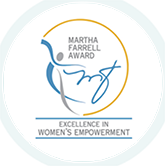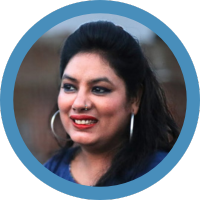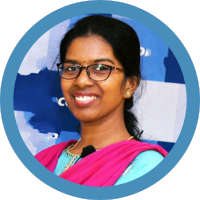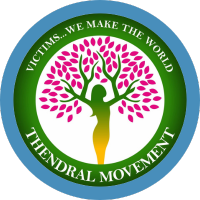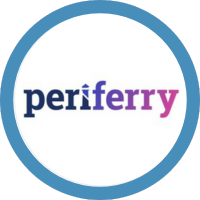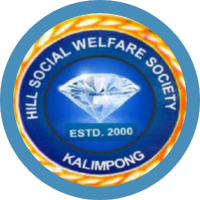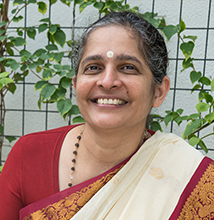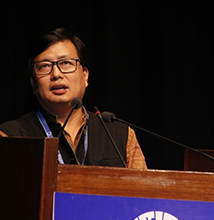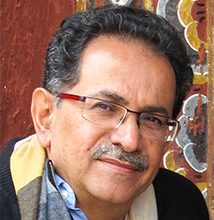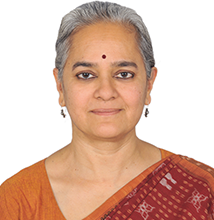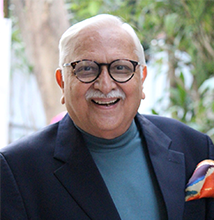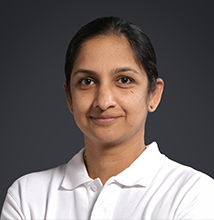Most Promising Individual
Augustina Soreng
Augustina Soreng is a social activist, working independently for the upliftment of tribal women and girls in Simdega district, Jharkhand, in accordance with the rights guaranteed under the Constitution of India.
A tribal woman from Jharkhand, Augustina has been working in the districts of Simdega, Gumla and Khunti of the South Chotanagpur division of Jharkhand for the past 13 years. Since 2009, she has focused on addressing the challenges faced by women in tribal communities, where traditional patriarchy and the division of labour means that women and girls often bear the brunt of labour, leading to the deprivation of education, rights, and freedom.
Augustina’s work spans various sections of society, aiming to raise awareness about issues particularly affecting tribal women, such as migration, human trafficking, witch-hunting, domestic violence, sexual violence, forest rights, and land rights.






.png)
